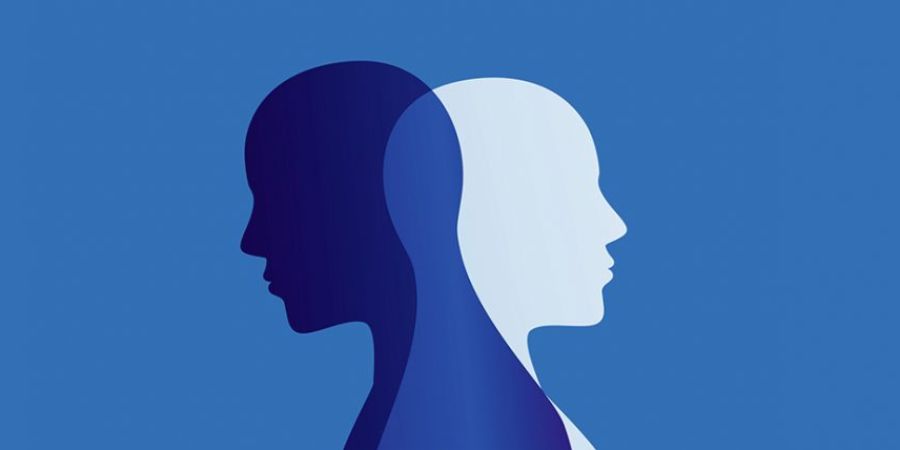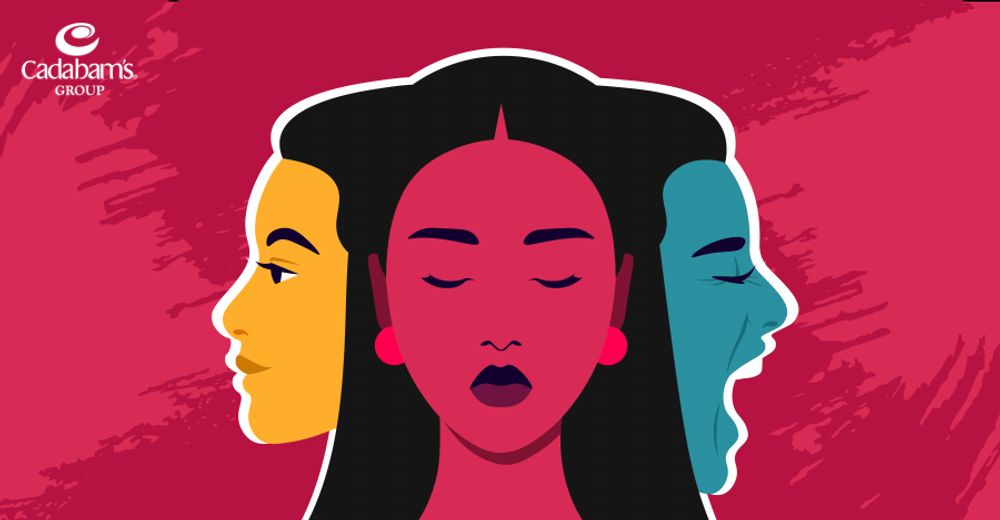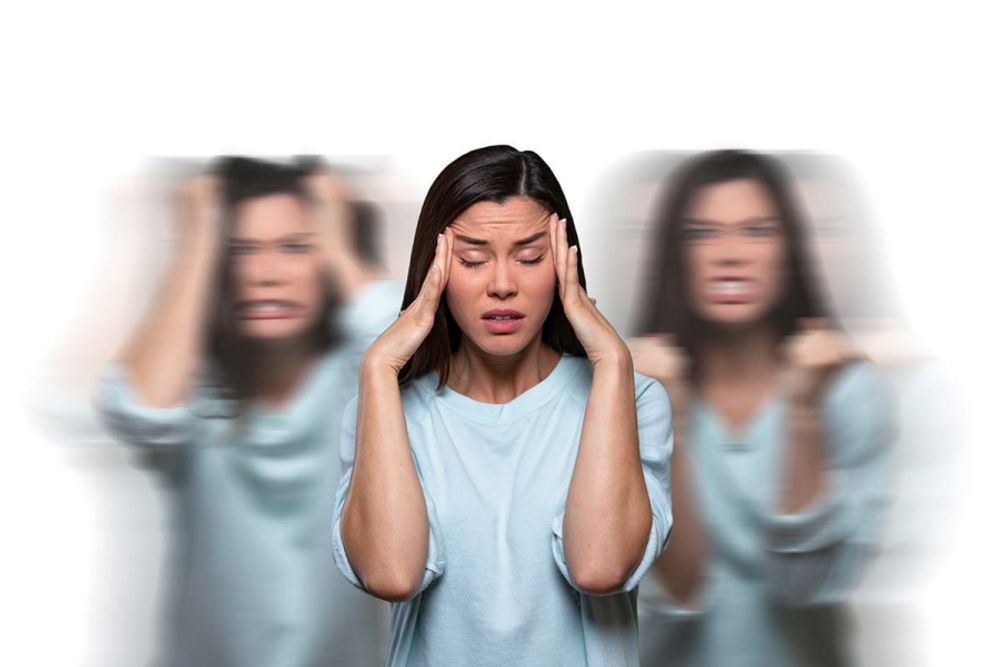

What does bipolar disorder mean???
The term “ bipolar” refers two extremes of something. For many of the people who are experiencing the bipolar disorder all over the world, their lives are split into two separate realities - Elation and Depression.
There are many types of bipolar disorders from which we will see a few below…
• Type 1, this variation has almost equal intensities and the time frame of the extreme highs and lows.
• Another type has rather very less periods of the high, elation, with longer periods of lows, depression.

With a rollercoaster like this in someone's brain, it might be quite difficult to find that necessary balance for living a good life. Extreme highs are also referred to as manic episodes, they can make a person feel irritable to invincible. And these episodes are not in the range of the ordinary feelings of happiness and joy. It causes some problems like sleeplessness, impulsive nature, risky actions and fast speech. Without some proper treatment, these episodes might become more longer, frequent and intense. The low phase of this type can have some symptoms like exhaustion, bad mood, dwindling interest in hobbies, appetite change, feeling guilty or thoughts of suicide.
About 1 - 3 % of the whole population experiences the bipolar disorder. Many of which does not have a huge problem with them on their personal or work lives, but there are still many who face some serious consequences.

What is the cause of the bipolar disorder?
Scientists believe it is the intricate wiring of the brain. Healthy brains work properly with the right and strong connections between neurons. And these neurons have a certain path that they follow in order to maintain your body. By functional magnetic resonance imaging, scientists have discovered that in people with bipolar disorder, these neuron pathways are disrupted. But even though with this cause, we can not pin down a single point that is responsible for this unusual behaviour of our minds. It is rather complex problem. For example, the Amygdala of brain is responsible for thoughts, long term memory and emotions. In here, genetic variations and social behaviour can trigger some of the abnormalities. Genetics do have a lot to do with it.
All to conclude, as much as it is difficult to understand the disorder, it is even more difficult to live with it. But there still are medication that can be considered to control these episodes to some extent, like Lithium as it helps to stabilise moods.


















